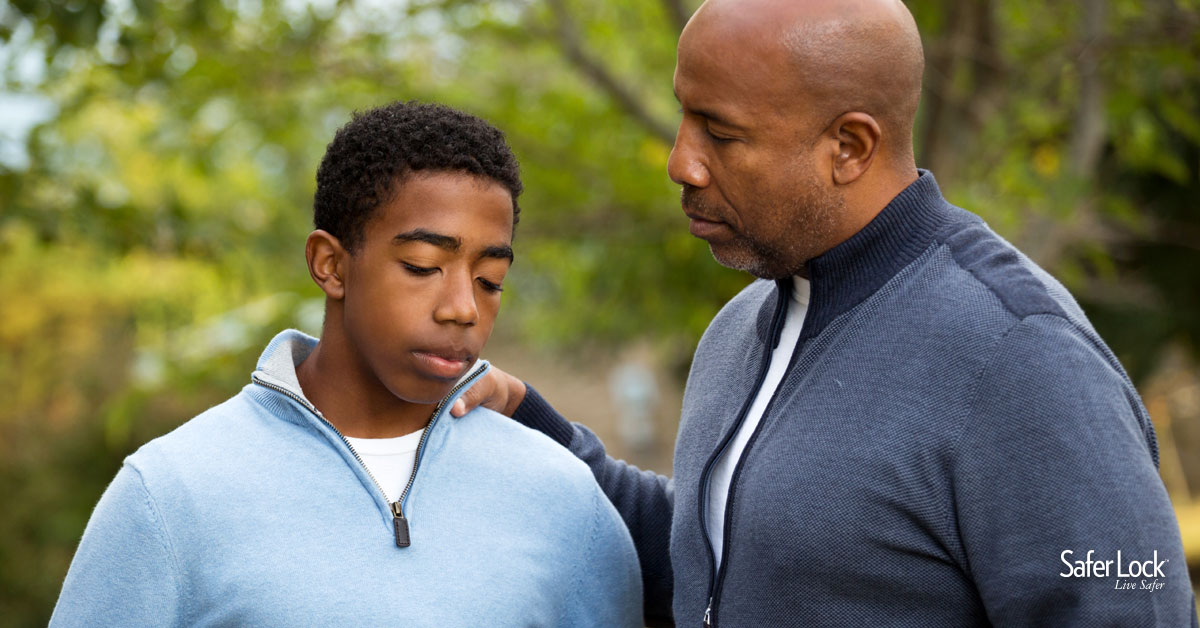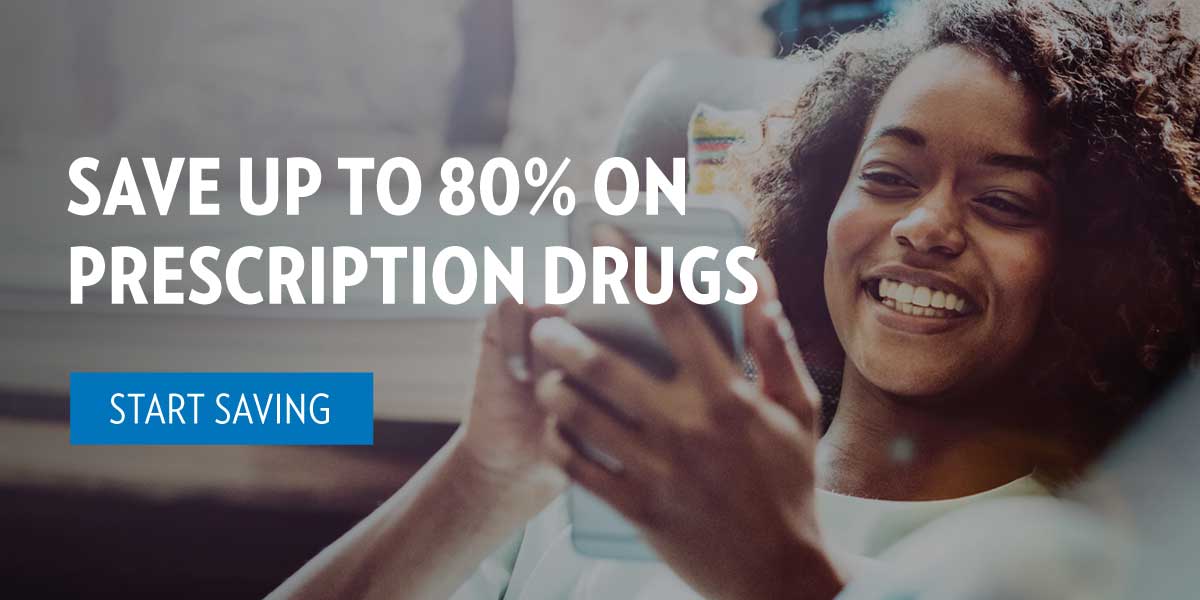Parenting a teen can feel overwhelming. There’s no magic bullet to preventing teen substance abuse — it can happen to anyone. But you may be able to help your teen by giving them the tools they need to face these risks head-on. Here are seven tips to help you and your teen (or pre-teen) survive the dangerous minefield of teen substance abuse.
1. Stay Informed About Common Teenage Challenges and Risks
If you don’t know what your teen is facing when they walk out of your door, you can’t properly provide them with the tools they need to navigate the risks. When you were a teenager, you may have experimented with cigarettes, drinking, or smoking marijuana.
Today’s teens face an entirely different set of challenges, like social media addiction, cyberbullying, vaping, and prescription pills.
One of the biggest threats to teens who experiment with prescription pills or illicit street drugs is the risk of instant overdose death from fentanyl-laced drugs.
Today’s street drugs and counterfeit pills are commonly mixed with fentanyl, a synthetic opioid 100x more potent than morphine. Two mg of fentanyl is considered lethal — the equivalent to a few grains of salt — but many counterfeit pills contain up to 5 mg, more than twice the lethal dose.
Synthetic opioids like fentanyl are the primary driver of overdose deaths in the nation.
Knowledge is power. Arm yourself with current and correct information and share it with parents of other teens. The more you know about the dangers and risks your teen faces, the better you can provide the information they need to protect themselves.
2. Talk to Your Teen About Substance Use
Have conversations with your teens about the risks of vaping, misusing prescription pills, drinking alcohol, or experimenting with illicit drugs. You can help them better understand the risks of actions they may view as harmless, such as smoking marijuana, vaping, taking prescription pills not meant for them, and even abusing OTC cold and cough medicines.
Talk to your teen early and often.
When you talk to your teens (and preteens) about the dangers of substance use, try having an information-sharing session. Don’t just lecture; talk with your teens and listen to what they have to say.
- Ask them what they think about a news story about legal marijuana that comes on TV.
- If you drive past a shop that sells e-cigarettes, strike up a conversation about vaping.
- If you bring home a prescription medicine, go over the dangers, risks, and potential side effects of the medication being misused before you securely lock it up.
3. Set Rules and Enforce Consequences
Be clear and consistent about the rules in your household. Let your teens know what you expect from them and the consequences of breaking your family’s rules. You may also consider letting your teens help establish the rules and consequences for your household.

4. Be an Example
If you have alcohol, tobacco, medicinal marijuana, or prescription pills in your home for your own personal use, be warned: your teen is watching your actions. Abstain from using substances when your teens are home, limit your alcoholic beverage consumption, and use a designated driver anytime you are drinking outside of the home. If you have to take a medication, do so responsibly, and don’t misuse your medication. Keep track of how much alcohol or medication is in your home and securely lock up what you can.
5. Encourage Interests and Passions
Teens who are involved in activities they enjoy, excel, or are passionate about have more to lose – and more motivation to stay away from drugs and alcohol. Encourage your teens to find their passion projects, whether it’s sports, arts, theater, or philanthropy. A teen who is active, fulfilled, and confident in themselves is at less risk of experimenting and misusing drugs.
6. Take Action to Protect Your Teen from Substance Use
While you can’t control every aspect of your teen’s world, you can take preventative measures around your home.
- Lock up medicines so you aren’t an unwitting supplier.
- Don’t leave your personal alcohol, medicinal marijuana, or tobacco products unlocked or accessible.
- Monitor your teen’s activities, locations, and friend groups.
- Set limits on movies, TV shows, and video games that glorify substance abuse.
- Be on the lookout for paraphernalia and other signs your teen is using drugs.
7. Be Vigilant for Signs of Teen Substance Use
Watch your teens for signs of substance use or abuse. While each substance may have its own signs, such as dilated blood vessels (bloodshot eyes) from marijuana use or constricted pupils from prescription opioid use, many of the signs of teenage drug use are the same.
- Sudden changes in behavior
- Withdrawing from family activities
- Mood swings
- Discarding old friends for a new peer group
- Changes in sleep/ wake patterns
- Loss of interest in hobbies and interests
- Mood swings
- Changes in appearance, hygiene, or weight
You may also want to be aware of the signs of teen depression, anxiety, bullying, or other mental health disorders. If your teen is suffering from a mental health disorder, they may also be at higher risk for substance abuse. Watch for extreme sadness, hopelessness, irritability, anger, hostility, frequent crying, and withdrawal from family and friends.
If you suspect that your teen has a substance abuse problem, seek professional help as soon as possible. Not only for your teen but also for yourself. Teen substance abuse can have implications for the entire family, and you may need professional counseling and a support system to help you get through.
The unique way that your teen’s brain is developing makes it more susceptible to substance use disorder than an adult’s. To put it simply, the teen brain is primed for addiction. That means you can’t take a wait-and-see approach to prevention. The smallest amount of experimentation or drug misuse can quickly escalate to substance use disorders and even fatal overdoses. Take action and help your teens and pre-teens fight back against substance abuse that can have deadly repercussions.
This post was originally published in 2016. It was updated for 2024 to reflect the most relevant, up-to-date, and accurate information.




